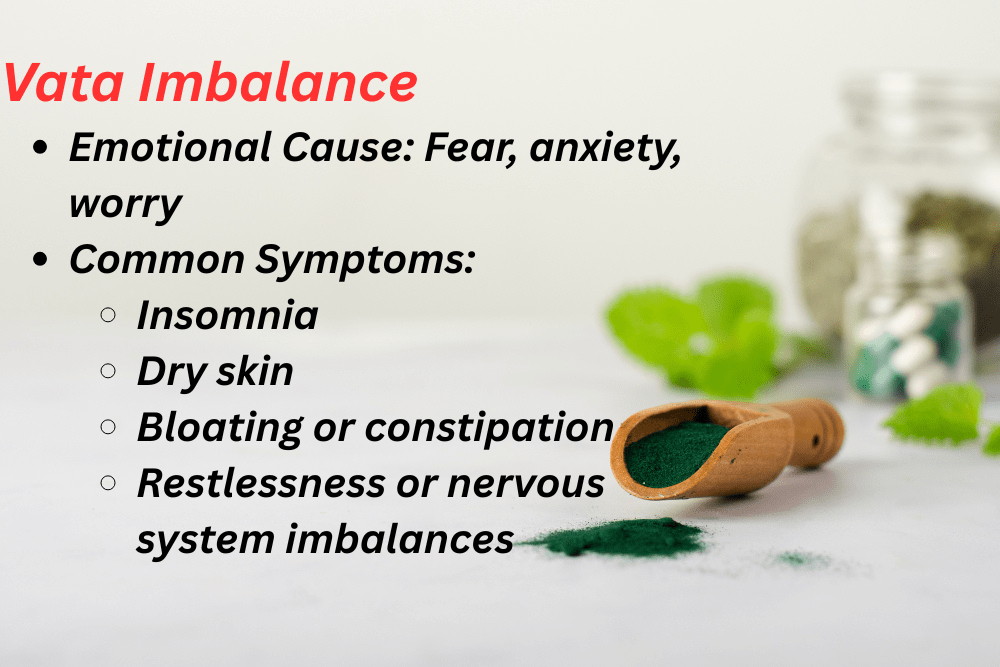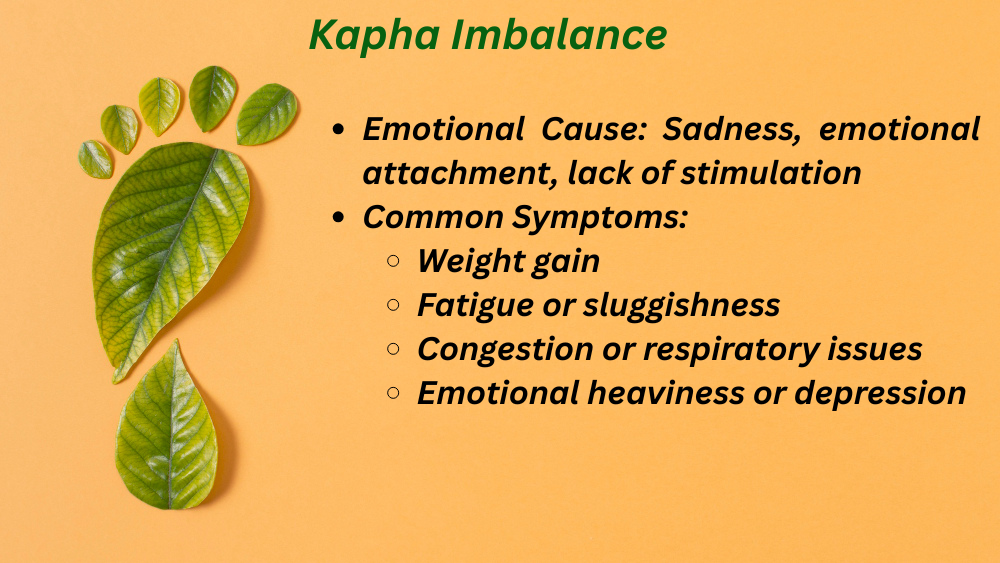In today’s world, health is often reduced to numbers: steps taken, calories tracked, lab reports reviewed. But for all our technology and tools, we still miss one crucial piece of the puzzle—the mind. Mind-body connection and true health.
We monitor every change in our physical health, but we rarely pause to consider: Could my mental state be the root cause of this?
This is where both modern science and ancient traditions like Ayurveda agree: True health starts within.
What Is the Mind-Body Connection?
The mind-body connection refers to the profound and constant interaction between our mental state and physical health. How you think, feel, and respond to life’s challenges doesn’t just stay in your head—it shows up in your body.
Stress, anxiety, suppressed emotions, and negative thought patterns can all lead to real, measurable physical symptoms:
- Weakened immune system
- Digestive issues
- Chronic fatigue
- Inflammation
- Hormonal imbalances
And yet, when we feel unwell, we usually chase only the physical causes, overlooking the possibility that the root issue might be mental or emotional.
The Ayurvedic Perspective: The Mind Is the First Healer
Long before modern psychology existed, Ayurveda, the ancient Indian system of healing, recognized this truth. In Ayurveda, the mind (Manas), body (Sharira), and spirit (Atma) are deeply interconnected. Health isn’t just the absence of disease—it’s the balanced state of body, mind, and consciousness.
Ayurveda teaches that:
- Mental disturbances (like fear, anger, grief) disrupt Prana (life energy),
- Disturbed Prana affects Agni (digestive fire) and
- This imbalance leads to the disruption of Doshas (Vata, Pitta, Kapha), eventually causing disease.
In simpler terms: mental stress today can become physical illness tomorrow.
Examples from Ayurveda:
1. Vata imbalance (caused by fear, anxiety): can manifest as insomnia, dry skin, or constipation.

2. Pitta imbalance (from anger, overwork): may show up as acid reflux, inflammation, or skin rashes.

3. Kapha imbalance (linked to sadness, attachment): can lead to weight gain, fatigue, or respiratory issues.

That’s why Ayurvedic healing isn’t just about herbs or detoxes. It’s about cultivating a peaceful mind, emotional clarity, and balanced living.
What Modern Science Says
Research now supports what Ayurveda has known for centuries. Studies show:
- Chronic stress increases inflammation and weakens immunity.
- Negative emotions increase risk for heart disease, diabetes, and digestive disorders.
- Practices like meditation, breathwork, and therapy improve not only mental health but also physical outcomes.
In fact, conditions like IBS, hypertension, chronic pain, and autoimmune diseases are now often treated with both medical and mind-based interventions—because one without the other is incomplete.
We Often Miss the Root Cause
Here’s the reality many people live with:
You go from doctor to doctor, trying diets, supplements, even medications. You track everything—food, sleep, exercise. But you never feel fully well. Why?
Because we rarely ask:
- Am I mentally at peace?
- Am I carrying emotional burdens that haven’t been addressed?
- Am I living in constant stress, even if I’ve learned to ignore it?
We try to fix the physical symptoms without ever addressing the mental root. But true healing begins when we turn inward.
5 Practices to Strengthen the Mind-Body Connection (Inspired by Ayurveda)
Bringing balance to your inner world doesn’t have to be complicated. These simple yet powerful practices—rooted in both Ayurvedic tradition and modern wellness science—can help you reconnect, restore, and revitalize from within.
1. Meditation (Dhyana)
Taking just 10–15 minutes a day to sit in stillness can calm your nervous system, reduce stress hormones, and improve emotional regulation. Over time, it sharpens your awareness and deepens your connection to yourself.
Tip: Start with guided meditations if you’re new. Focus on the breath, or simply observe your thoughts without judgment.
2. Mindful Movement
Engage in movement that reconnects you to your body—yoga, Tai Chi, Qigong, or even a walk in nature. Moving with awareness helps release stuck emotions, regulate energy, and ground scattered thoughts.
Don’t focus on burning calories—focus on feeling your body and breath move in harmony.
3. Breathwork (Pranayama)
Your breath is your most accessible healing tool. Techniques like alternate nostril breathing (Nadi Shodhana) or deep belly breathing help balance the doshas, calm anxiety, and restore energy flow.
Try 5 minutes of slow, conscious breathing before bed to improve sleep and reduce overthinking.
4. Emotional Journaling
Writing is a powerful tool for mental detox. Journaling your thoughts, feelings, and patterns can help release emotional buildup and bring clarity.
Try free writing for 5–10 minutes each morning—or ask yourself: “What am I feeling today, and why?”
5. Daily Routine (Din Acharya)
Ayurveda emphasizes the healing power of rhythm and routine. Eating, waking, working, and sleeping at consistent times aligns your body’s internal clock (biological doshas) and reduces mental chaos.
Begin with small changes: a regular wake-up time, a calming nighttime ritual, or eating meals at set hours.
Final Thoughts: True Health Begins Within
Healing isn’t just physical. It’s emotional, It’s mental, It’s energetic. When your inner world is out of balance, no amount of workouts or supplements will make you feel whole.
But when you start from within—listening to your thoughts, caring for your emotions, calming your nervous system—your body will follow. Your energy will return, your digestion will improve, your sleep will deepen.
So the next time you’re tracking your health, remember to track your inner state, too.
Because true health doesn’t just live in your body—it starts in your mind.



